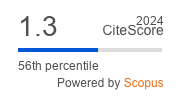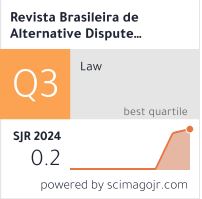Is arbitration lawless?
Mots-clés :
Dispute Resolution, Arbitration, Arbitral Awards, Legal Development, PrecedentRésumé
Concern about the “lawlessness” of arbitration is widespread, but what commentators mean by “lawless” varies. The most common meaning is simply that arbitrators are not required to follow the law in making their awards. A second meaning is that parties to arbitration agreements use arbitration to avoid application of legal rules protecting consumers and employees. A third meaning is that arbitration impedes the creation of law by the courts. This article examines the empirical evidence underlying these various views of arbitral lawlessness. It considers what we know about three related empirical questions: (1) do arbitrators follow the law in making their awards? (2) do businesses provide for arbitration to avoid mandatory legal rules? and (3) to what extent does arbitration interfere with the development of the law? Certainly much more research needs to be done. But, perhaps surprisingly, the available empirical evidence to date provides at best weak support for the view that arbitration is “lawless”. There is evidence that arbitrators do not treat statutory issues in as much detail as courts, but little other evidence that arbitrators definitively differ from judges in their attitudes and practices toward legal issues. Studies find no indication that parties agree to arbitrate to avoid mandatory legal rules, even when they have the opportunity and incentive to do so. Finally, whether arbitration interferes with the development of the law is extremely difficult to evaluate. Certainly many arbitration awards are not published; but there is some evidence that awards that are published serve as precedent (persuasive rather than binding) in subsequent arbitrations.
Téléchargements
Publié-e
Numéro
Rubrique
Licence
No royalties or other compensation shall be due for the publication of the works.
The opinions expressed by the authors of the articles and reviews are their sole responsibility.









